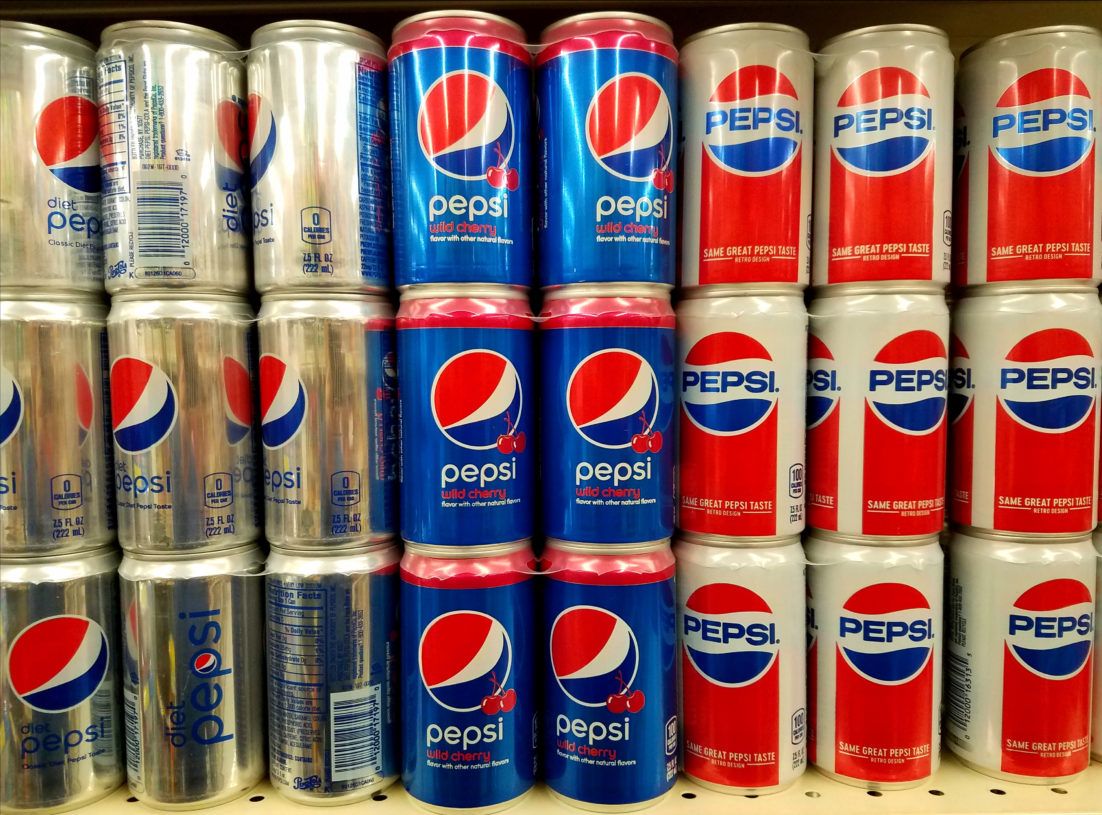Study finds Philadelphia’s soda tax lacks fizz
- December 2, 2019
- By Jill Young Miller
- 2 minute read

If Philadelphia’s soda tax is any indication, local soda taxes don’t work as well as policymakers intend.
Olin’s Song Yao, associate professor of marketing, and two other researchers studied the effects of Philadelphia’s soda tax, which took effect in January 2017.
Several US cities have enacted soda taxes to raise revenue and fight obesity among their citizens. Berkeley, California, was the first, but Philly was the first big city to adopt one. It uses the revenue to fund schools and improve parks, recreation centers and libraries.
The city’s 1.5-cents-an-ounce tax led to a 34% price increase for soda. And soda sales in Philadelphia dropped sharply—by 46%, according to the working paper “The Impact of Soda Taxes: Pass-through, Tax Avoidance, and Nutritional Effects.”

But here’s the catch: Soda sales at stores just outside the city increased dramatically. Apparently, a lot of people leave Philly to buy their soda elsewhere.
“The cross-shopping outside the city offset more than half of the reduction” of soda sales in the city, Yao said. So the net reduction in sugary drinks consumption is only 22%, he pointed out.
The reduction in calories and sugar people consumed because of the tax is even smaller; 16% and 15%, respectively.
The health impact is mediocre at best.
Song Yao
The tax also imposes a disproportionate burden on low-income people, he said. “Access to transportation is more difficult for low-income households, so they engage in less cross-shopping and end up paying more inside the city.”
So far, NPR, MarketWatch, National Review and The Washington Post have reported on the findings.
Policy lessons
The findings in Philadelphia provide policy lessons on how to design soda taxes or other types of “sin” taxes, according to the paper by Yao, Stephan Seiler of the University of California in Los Angeles, and Anna Tuchman of Northwestern University.
“If taxes are localized (as is the case for all current soda taxes), high tax rates will be sub-optimal for generating revenue because they lead to cross-shopping, which reduces the tax base,” they write.
“A larger geographic coverage will make cross-shopping more difficult and therefore generate greater tax revenue.”
Media inquiries
For assistance with media inquiries and to find faculty experts, please contact Washington University Marketing & Communications.
Monday–Friday, 8:30 to 5 p.m.
Sara Savat
Senior News Director, Business and Social Sciences
